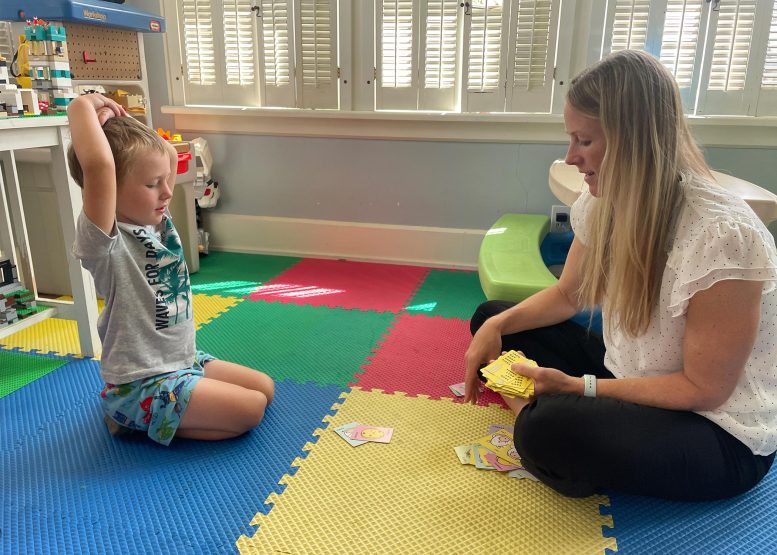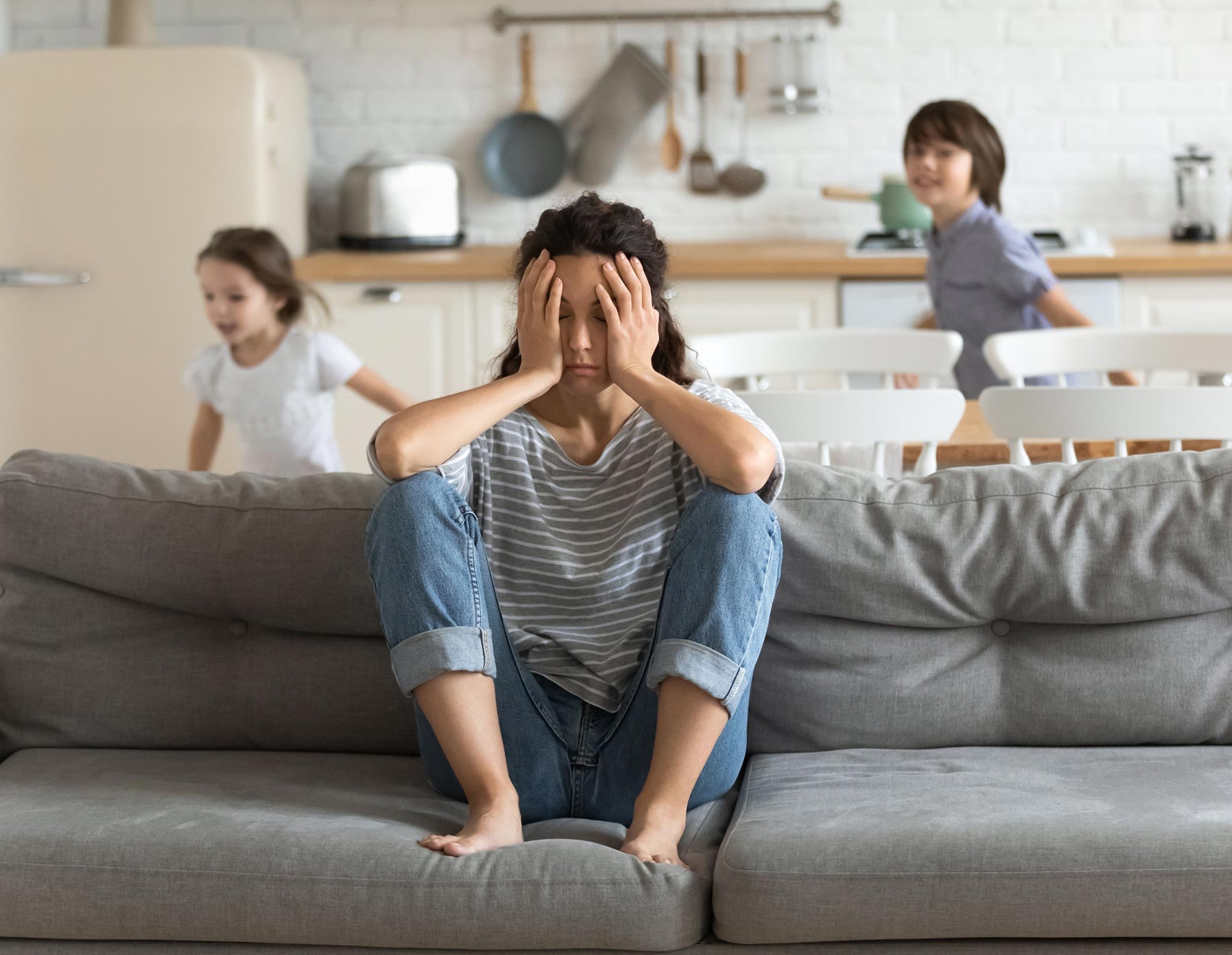A recent study from Ohio State University reveals that the pursuit of “perfect” parenting is a significant contributor to parental burnout, affecting 57% of parents surveyed and negatively impacting children’s mental health.
A new study links “perfect” parenting expectations to widespread parental burnout and increased mental health problems in children.
Society puts enormous pressure on parents to be “perfect”, and in striving to achieve this unrealistic goal, they can suffer from parental burnout. Parental burnout occurs when the chronic stress and exhaustion of parenting overwhelms a parent’s ability to cope and function effectively.
In a new study on parental burnout, researchers from The Ohio State University College of Nursing and the office of the university’s chief wellness officer found that the pressure to be the “perfect” parent is not only unrealistic, but harmful to both parents and their children.
Results of a national survey
Researchers surveyed more than 700 parents nationwide between June 15 and July 28, 2023. They found that 57% of parents surveyed suffered from burnout.
The research findings, summarized in the report “The Power of Positive Parenting: Evidence to Help Parents and Their Children Thrive,” found that parental burnout was strongly associated with internal and external expectations, including feelings of being a good parent, perceptions of judgment from others, time spent in play with your children, your relationship with your spouse and keeping the house clean. In addition, the study found that fewer structured extracurricular activities and more free time to play with children could alleviate mental health problems in children, such as anxiety and depression.
Researchers leading a national dialogue on parental burnout at The Ohio State University College of Nursing and the office of the university’s wellness chief say no, and a new study finds that the pressure to try to be “perfect” has unhealthy effects on both. parents and their children. Credit: Ohio State University College of Nursing
Impact on parents’ mental health
The study also highlights the profound impact of parents’ mental health and behavior on children. When children suffer from mental disorders, parents often experience increased exhaustion, which can lead to more frequent incidents of name-calling, criticizing, shouting, insulting or physically disciplining children. Such cases of increased parental burnout and aggressive parental behavior are associated with increased mental health problems among children.

Kate and Jason Gawlik plan their week to cover their family’s work, school, activities and extracurricular activities. In a world where parents are often expected to do it all, a new study from The Ohio State University College of Nursing finds that most working parents are suffering from burnout. Credit: Ohio State University College of Nursing
The influence of social media
Kate Gawlik, DNP, research director and working mother, explains how social media has increased the pressures on parents. “I think social media has really taken over,” said Gawlik, who is also an associate clinical professor at Ohio State College of Nursing. “You can look at people on Instagram or even just see people walking around, and I always think, ‘How do they do it?’ How do they feel that they always have everything together when I don’t?
“We have high expectations of ourselves as parents; we have high expectations of what our children should do. On the other hand, you compare yourself to other people, to other families, and a lot of judgment is required. And whether it was intentional or not, it’s still there,” she adds.
A culture of success
The study finds that the high expectations of what Gawlik calls a “culture of success” lead to burnout, which in turn leads to other potentially debilitating problems.
“When parents are exhausted, they experience more depression, anxiety and stress, but their children also perform worse behaviorally and emotionally,” said Bernadette Melnyk, Ph.D., FAAN, vice president of health and wellness advocacy at Ohio State. “So it’s really important to face your true story if you’re exhausted as a parent and do something to take better care of yourself.” »

Even as an associate clinical professor and director of undergraduate health and wellness programs at Ohio State University’s College of Nursing, Kate Gawlik often struggled to reduce stress and burnout in her life as a mother of four. She now prioritizes small moments with her children instead of setting unattainable goals to become the perfect parent. Credit: Ohio State University College of Nursing
Updated research and strategies for positive parenting
In their report, Gawlik and Melnyk describe an updated Parental Burnout Scale they developed in 2022 that helps parents assess and treat their burnout.
Researchers are also providing new guidance on positive parenting strategies, techniques and tips for building a deeper bond with your children. “Positive parenting is when you give your children a lot of love and warmth, but you also give them structure and guidance in their lives,” Melnyk explained. “You gently teach them the consequences of your behavior. Therefore, being a positive parent is a much better goal to strive for than being a perfect parent.
These strategies include:
- Connection and active listening
- Catch, check and transform negative thoughts into positive ones
- Readjust expectations of parent and child
- Think and act according to priorities
“If maybe your priority is to always keep your home spotless, but you don’t have time to walk every night with your kids, maybe you do — you need to reorganize or find a way to make both of those things work,” suggested Gawlik.
Fighting the epidemic of parental burnout
Melnyk said these evidence-based approaches can help curb what she calls the “public health epidemic” of parental burnout.
“Parents do a great job of taking care of their children and everyone else, but they often don’t prioritize their own self-care,” Melnyk said. “As parents, we cannot continue to drink from an empty cup. If children see their parents taking care of themselves, chances are they will grow up with that value as well. This has a powerful effect on children and the whole family.
“As one parent told me,” Gawlik added, “‘I’d rather have a happy child than a perfect child.’ »
